Hooper’s historical fiction novel of the 1936 women’s Olympic team focuses on several female runner’s stories during a strenuous political, social, and economic time. Helen struggles with poverty, abuse, and homosexuality, Louise is a black female in a world created for white males, and Betty is forced to adapt to her physical disabilities. Additionally, all of the women in this book are being strangled by the feminine roles placed on them by society. Hooper’s text presents an array of experiences depicting the ramifications of these fabricated women’s roles.
This time period is falling further and further away from the present; however, Hooper thrusts it back at her reader, demanding us to not forget that the 1936 Olympics were held in Berlin while Jews were being eradicated from Germany and Hitler spectated from the stands; America still practiced Jim Crow laws, lynching African Americans legally and excluding them from human rights (some of these laws still exist here in Utah); women all over the world were excluded from education, sports, employment, politics, and the rights to their own bodies because of the laws of men. Hooper’s novel, Fast Girls, demonstrates the effects of these things on everyday life for just a few women who have been forgotten in history but who had the unprecedented opportunity to prove that they could run. That they were human too.
Thank you, Elise Hooper, for reminding me to be grateful to the humans who changed the world for me. Thank you for reminding me to be grateful for a government that changes, encourages freedom of speech, and allows elections. Thank you for reminding me to be grateful that I can run and watch other women run in the Olympics. Thank you for reminding me that there is a story within every human, within every woman. It’s is difficult to hate up close.



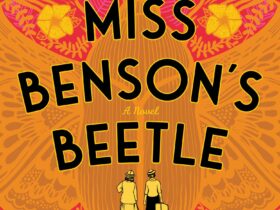





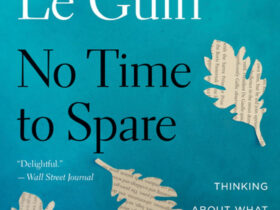

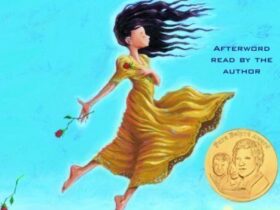


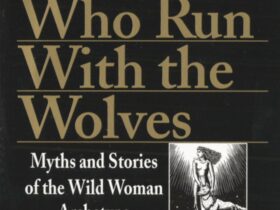





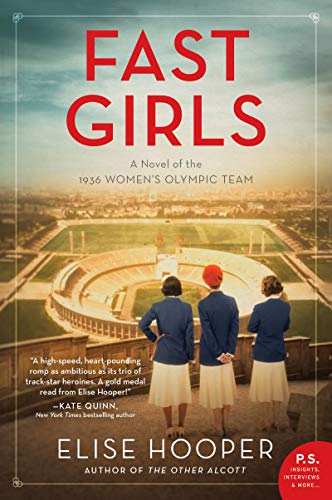

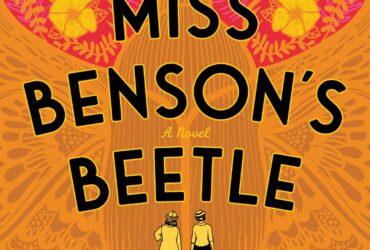



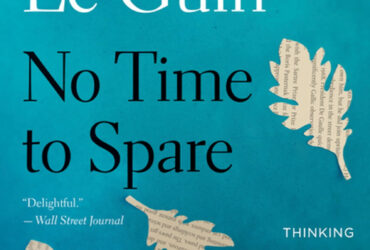

Leave a Reply